The Xbox One hears all, sees all, and steals Google's dreams. But does it also leave the door open for Apple?
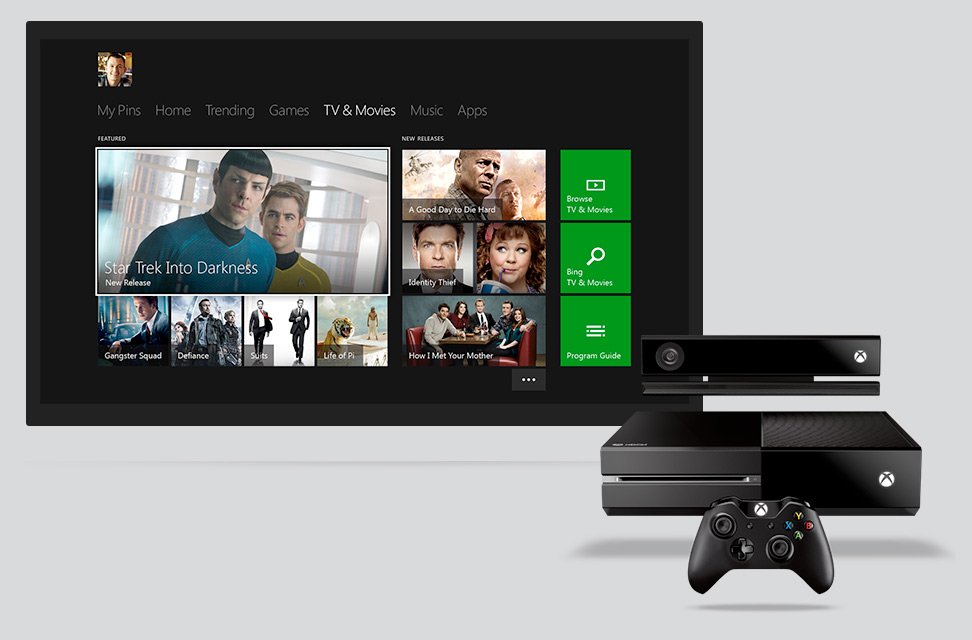
While Apple has iAd and aggregates traffic data, for the most part they've thus far been content to merely take our money, give us shiny boxes, and not really bother much about who we are and what we do. Not all companies make their money off of massive hardware margins, however. Google, for their part, wants to catalog the world's information. They want to bring you info before you know you need it. They want to build the Star Trek computer. That kind of omniscient service requires an omnipresent awareness that needs to know as much about who and what you are as possible. Microsoft has been transitioning from software powerhouse to services alternative for years now, and with the newly-announced Xbox One, they're arguably about to take over the living room. With Google on one end and Microsoft on the other, will Apple become an oasis for the more privacy conscious among us?
A picture of you
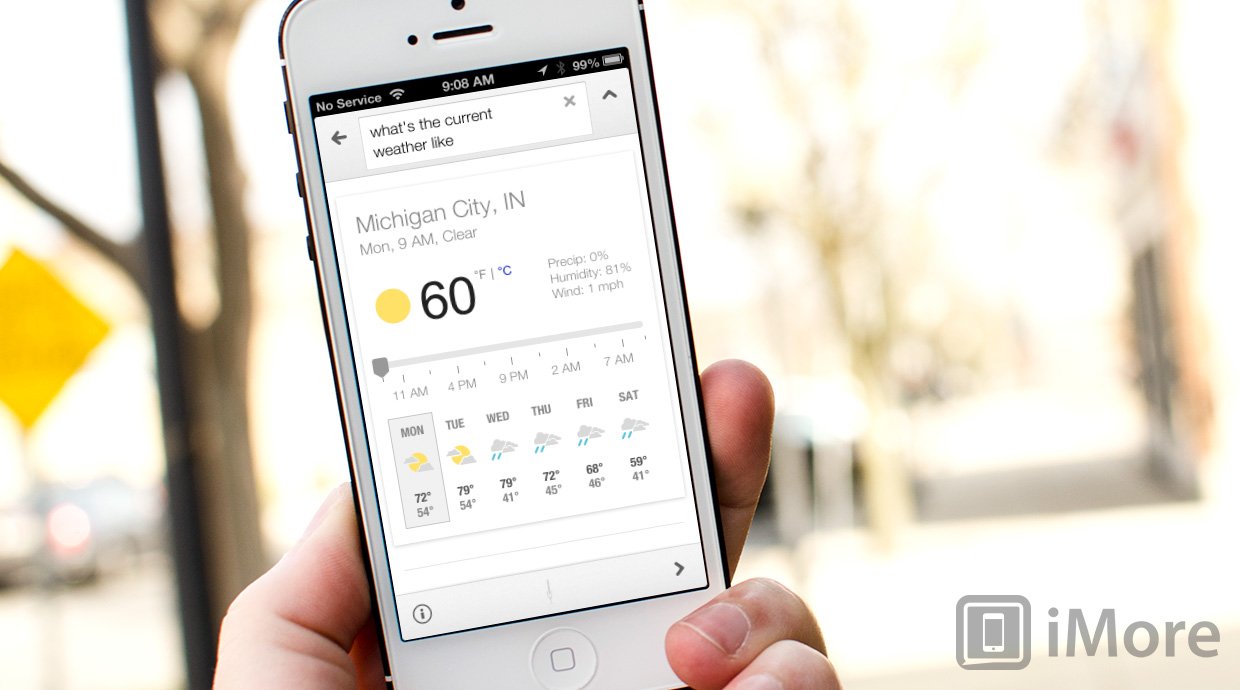
Google's presence is felt just about everywhere. Google is the dominant search engine on desktops and in mobile. Google builds the operating system that powers an increasing percentage of smartphones. Google offers an email service and a social networking service and instant messaging so much more. Google has fingers in every pot they can reach, though how far they've successfully plunged said fingers varies. When it comes to the living room, however, where Google's fingertips have just barely grazed the surface of the stock, but with the Xbox One, Microsoft is ladling out the soup like it's their job. And with the that ladle is getting even bigger.
To build that omniscient Star Trek computer, Google needs buckets and buckets of data about you. They get a lot of that just by your using Google's services. Your search queries are tabulated and your email contents are collated, and your friend patterns are analyzed. Even just using Google services through a desktop yields a tremendous amount of data about your being. If you're using Google services on your mobile device, such as an Android device or by using Google Now on an iPhone, Google learns even more about you, including where you go, how long you stay there, what you search for on the go, and more. Of course, those settings can be switched off, but the default behavior is for Google to know.
Google's picture of you can be stunningly accurate and prescient.
Google takes all of this data and builds a picture what it thinks you as a person look like. With some massaging of that data - telling Google that, no, I am in fact not interested in more on that topic, it was just a search for article research, thanks - Google's picture of you can be stunningly accurate and prescient. I carry both an iPhone and an Android device (specifically, a Nexus 4) on a regular basis, I use Gmail for work and personal, I search with Google dozens of times a day, and so forth. Google Now has built an interesting picture of me. It knows when I'm going to be flying, it knows when to offer up nearby restaurants and what I'm likely to like, it knows how far it is to my house and how long it will take thanks to traffic, and it knows that the weekends are the most likely time I'm going to go to the theater, and when I do I'm likely to check out the latest science fiction or mindless action flick.
But the behavioral tracking offered by a smartphone only extends to when I use it (excepting location tracking when I'm just carrying it around, of course). To be as omniscient as Google aims to be, more data is required. There's never enough data to accomplish what Google wants to accomplish. That means Google needs to know more about you. By and large what Google knows about us are things that we either tell Google directly (by way of our searches) and what we let Google know (Gmail, smartphone location tracking, etc).
Google's getting more personal with experiments like Google Glass, but even that requires that you be wearing the device for it to be collecting more information. And really right now the Glass experiment seems to be more focusing on delivering content directly to your eyeball than pushing more data about yourself to the Google cloud. That could change eventually, but it's not the reality of Glass right now. Frankly, as with many Google projects, the end game with Glass isn't exactly clear for us, and we aren't certain it's clear for Google either.
Your couch, the beachhead
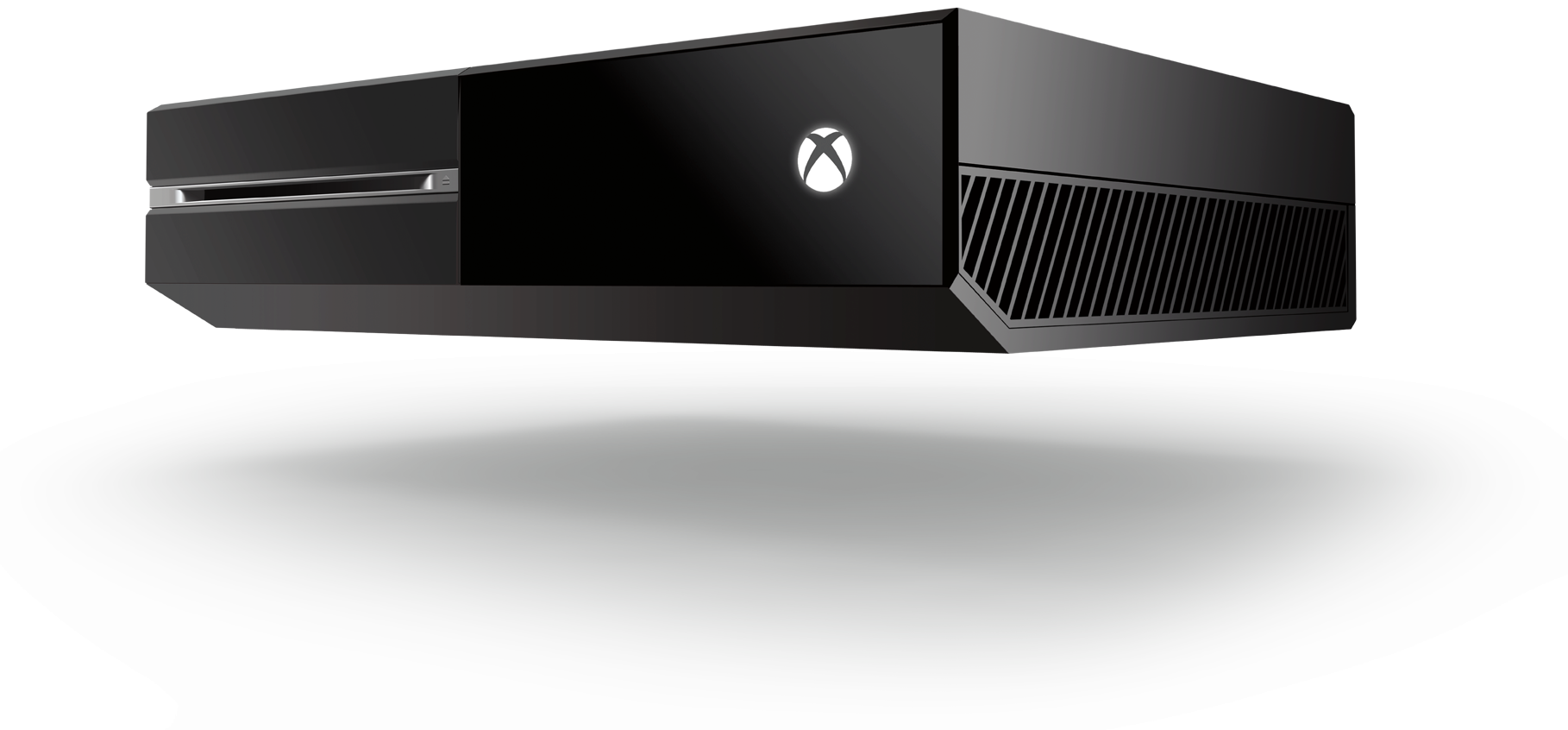
Where Google has failed to make its mark, though, is beyond the smartphone and the desktop. The holy grail in Google's hardware trifecta isn't Glass - it's the living room. Google has tried time and again to make Google TV a success, but they've run into tremendous roadblocks of poor consumer awareness (and thus adoption) and severe interoperability problems that plague any effort to unify home entertainment with a single device.
iMore offers spot-on advice and guidance from our team of experts, with decades of Apple device experience to lean on. Learn more with iMore!
Microsoft, for all their troubles, has actually established a covert beachhead in the living room hardware space with their Xbox game consoles. Being the cash-rich technology behemoth with long-term vision that they are, Microsoft has been more than willing to play the long game when it comes to living room technology. To wit, in less than ten years Microsoft's Xbox has become an accepted part of many home entertainment set-ups, getting favorable comparisons to long-time gaming companies like Sony and Nintendo. It cost them many billions of dollars to get it rolling, but now the Xbox is a gaming force with which one must contend.
With Microsoft's just announced and coming-later-this-year Xbox One, they're pushing up off the beach and into full home entertainment domination. It's an impressive piece of hardware - essentially it's a powerful and optimized gaming computer for your home theater stack - with some interesting features. The Xbox One features an HDMI pass-through so you can plug in your home cable box and control it (with IR blasters - joy) and a Blu-Ray drive. Games can be downloaded or purchased in stores, but purchasing in stores is more just like buying a gift card to download it later.
The Xbox One is the omnipresent surveyor of your living room. It sees all and hears all.
But most interesting is the new Kinect sensor. The depth-sensing, body-tracking sensor bar is even more accurate and detailed than before, going so far as being able to detect the movement of your wrists and your heartbeat from a distance. But what's possibly more interesting is that it's always on. If you walk up to your TV and say "Xbox on," Kinect is already listening, it hears you, and it boots up the Xbox. The Kinect camera uses facial recognition to determine who just told it to turn on, and can log you into your account and have all of your games and media at the ready. The Xbox One is the omnipresent surveyor of your living room. It sees all and hears all.
That can sound pretty scary, and in reality Microsoft isn't likely to use this for nefarious purposes. Being evil with all that data can destroy consumer trust in your product, and the dollars all that data was supposed to be used to pry from wallets will go elsewhere. But the ramifications of having an always-on camera and microphone in your living room, and having that attached to a device that knows what you're watching and is connected to the web, can be far-reaching.
See all, hear all, know all
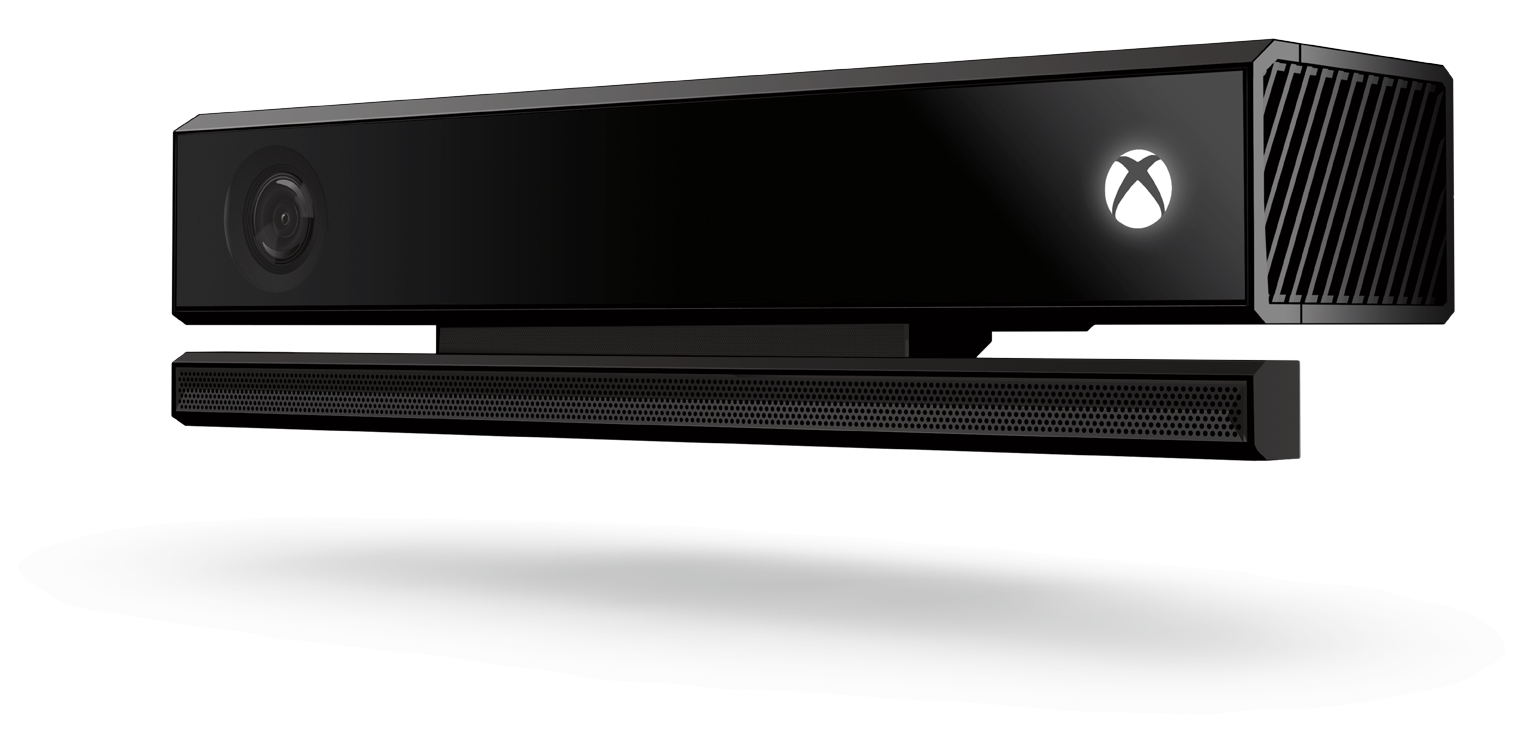
This kind of all-aware technology can offer a massive trove of data on your habits and preferences that a company like Microsoft or Google - or Apple, for that matter - would kill to have their hands on. While Google will use it to better target advertising and maybe sell you some content from the Google Play store, Microsoft and Apple aren't so invested in the advertising game (though they do have fingers dabbling the surface of those pots, so they're not entirely innocent here). Microsoft and Apple are more interested in selling you content - books and movies and television shows and games and music.
Having computers and tablets and smartphones and corresponding software and services ecosystems can go a long way towards building that picture of who you are, what you like, and what you're apt to buy. On a micro scale, Netflix used that kind of data from the viewing habits of their users to construct the House of Cards series to be perfectly-suited to what the average Netflix user is likely to watch, and likely to watch a lot.
They want to take all the data they can to build a picture of you. The end goal for all three is to offer products that better suit your needs.
On the macro scale, Microsoft, Apple, and Google want to take all the data they can to build a picture of you. The end goal for all three is to offer products that better suit your needs, and thus are more likely to remove dollars from your wallet. Google just so happens to be the only one that's really upfront about their ambitions here, with a bravado and willingness to toe up to and even occasionally cross the creepy line in the goal of better serving you. That creepy line act can induce some uncomfortable feelings, however, but that's the price of dealing with Google, it seems.
But the living room has remained elusive to Google and Apple. Google has tried hard and failed to gain a foothold on that beach. Apple treats it like a hobby, offering up just the Apple TV. It's a fine device, but it's merely a portal to content you either already own or have to seek out. Microsoft owns a wide swath of that beach, and with the Xbox One they're going to be able to push deeper into uncharted and unclaimed territory.
If anything, Microsoft has the persistence to pull it off, and things are coming together as far as the Microsoft ecosystem is concerned. Windows 8 may not have been the blockbuster success that Microsoft was hoping for (and Windows RT has been an outright failure thanks to poor messaging and, well, conceiving), and Windows Phone has failed to make a real splash outside of the already tech-aware segment. But Xbox and the living room, Microsoft has succeeded beyond what anybody predicted possible a decade ago when the original black box launched.
Be, know, do
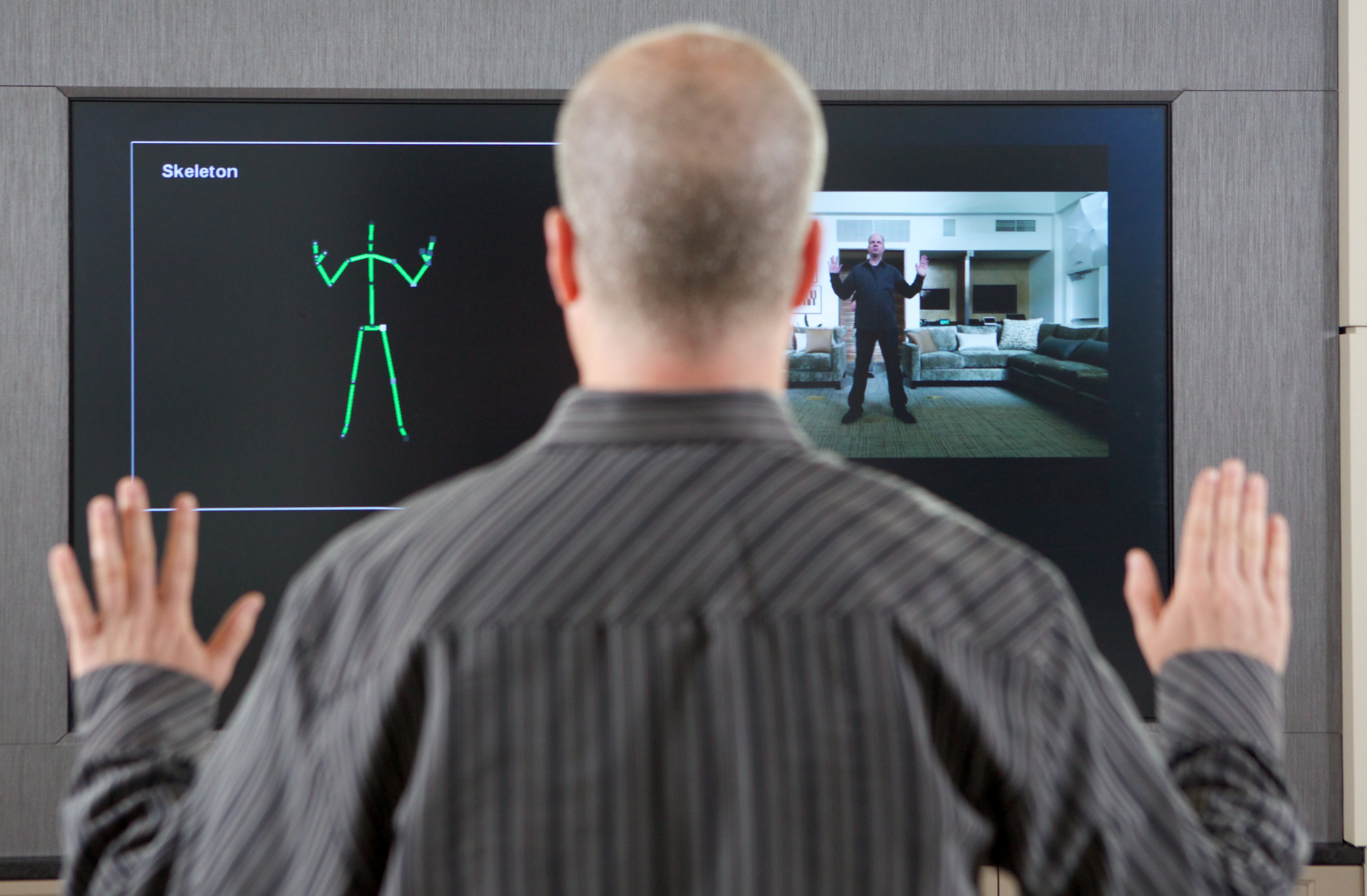
Whether or not the push for environmental awareness from Google and Microsoft is a good thing or bad thing is up for debate, and it all comes down to how its used and your own personal comfort levels with such uses. In the end, it's all going to be geared towards making money, either by directly selling you goods, building a service that's so customized to your needs that switching becomes an unfathomable task and insurmountable barrier, or by selling that data to advertisers to offer you the service at no cost.
You've got to pick your poison with the awareness that the company's awareness of you comes entirely with the goal of lining their own pockets. It's capitalism. And through better data comes better products. There's a reason House of Cards has been such a smash hit for the Netflix crowd, and it's because the data showed Netflix exactly what they needed to make it a smash.
Microsoft, Google, and Apple are all driving to build that next smash hit, be it a gaming console that knows everything about your entertainment habits and preferences and can offer up games, movies, and music that suits your tastes; a predictive cloud service with an awareness of where you are, who you're with, and what you're doing so it can make suggestions of where to eat, when to leave to be on time, and what you'll need to know before you get there; or an integrated software ecosystem that shares and manages your data and has your media ready at a tap.
Whether or not this crosses the creepy line is your own personal call. When it comes to these sort of predictive services, Apple is behind the ball, at least with their publicly-announced products. Where Siri has slowly evolved as a personal assistant at your beck and call, Google's Now has become a personal assistant that's eager to answer your question before you've even asked it. Microsoft's voice controls aren't quite as advanced as Siri and their predictive services fall far short of what Google offers. But they've conquered the beach of the living room and are poised to learn more about you than you might ever have realized. And that's not necessarily a bad thing.
The price of privacy
If Google or Microsoft's services appeal to you, if you're willing to trade analytics on the web and in your pocket, and eyes and ears in your living room, then you'll have a long and enjoyable future ahead of you, filled with amazing technology like Google Now and Xbox One.
If ads following you around the web, and around the world, bother you, however, if devices monitoring your viewing habits and potentially your every word and movement creeps you out, then currently Apple offers the only real, mainstream alternative. And mostly, only, because right now Apple doesn't care. Their core businesses aren't predicated on us or our data.
For some people, personal information is a much cheaper currency than money. For others, privacy is very nearly priceless. We're lucky to have choice in the market, and we're even luckier that we can make that choice an informed one.
Do you have any concerns about next-generation technology like Google Glass or Xbox One? Let me know, and let me know if you think Apple will keep positioning themselves as a more privacy-concious alternative!
Derek Kessler is Special Projects Manager for Mobile Nations. He's been writing about tech since 2009, has far more phones than is considered humane, still carries a torch for Palm, and got a Tesla because it was the biggest gadget he could find. You can follow him on Twitter at @derekakessler.

